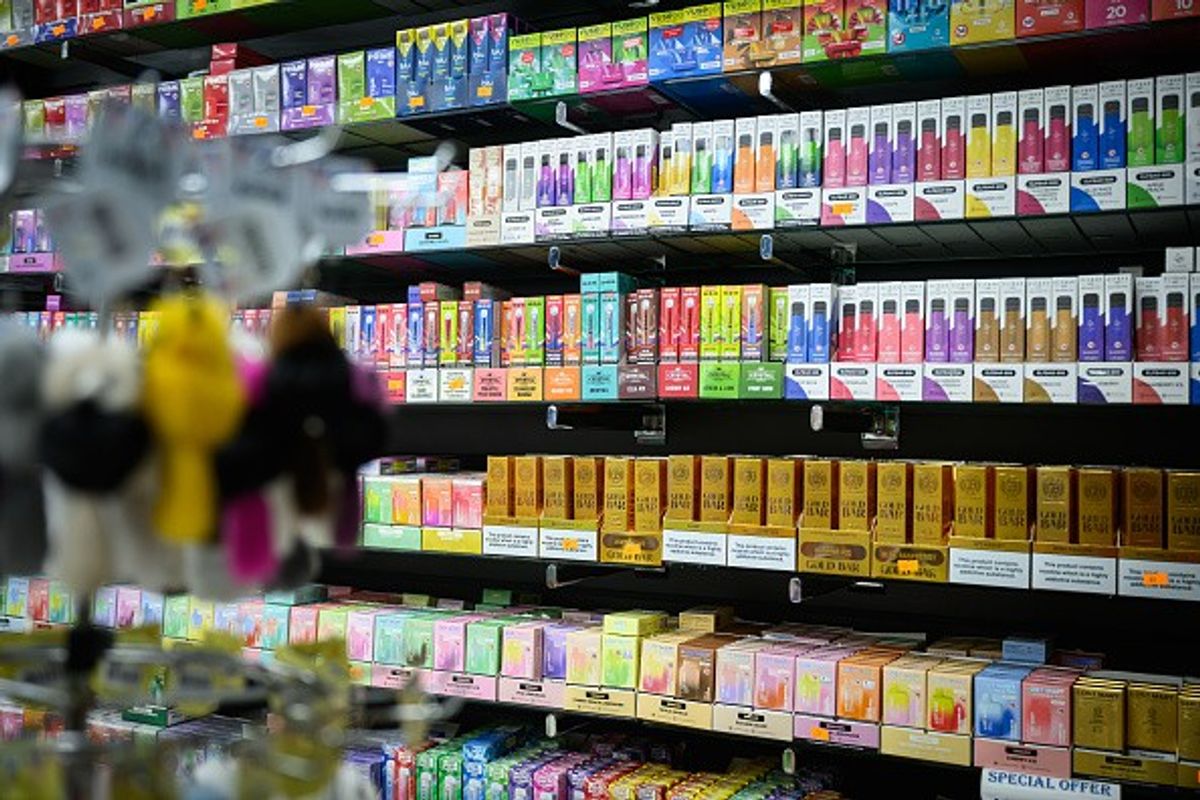The decision to ban disposable vapes by June 2025 has sparked strong reactions across the vaping and retail sectors, with key industry figures voicing concerns about the impact on public health and called for a balanced approach to support smokers switching to vaping as a safer alternative.
A spokesperson of Elfbar, the leading disposable vape brand, highlighted the role of the product in smoking cessation, citing that “nearly three million people in Britain have quit smoking using vapes in the last five years,” with single-use vapes comprising over 60 per cent of the UK market.
The brand warned of unintended consequences, noting, “Our concern is the potential impact on the majority of single-use vapers – adult smokers…pushing them to the black market and illicit products.”
Liam Humberstone, technical director at Totally Wicked, also pointed out the public health benefits of disposable vapes, noting they’ve served as “a key entry point for many smokers seeking an easy-to-use, effective alternative.”
While recognising environmental and youth access issues, Humberstone said “proper regulation, enforcement, and education are vital in addressing these concerns and … it’s crucial to ensure that adult smokers continue to have access to safer alternatives to cigarettes.”
James Lowman, chief executive of the Association of Convenience Stores, welcomed the government’s intention to provide businesses with enough time to prepare for the changes, but added: “This is still a challenging timetable for retailers and their supply chains.” He called for strict enforcement against rogue sellers post-ban to prevent black-market sales, which “undermine legitimate retailers.”
Mo Razzaq, national president of the Federation of Independent Retailers, suggested an alternative approach to an outright ban, advocating for a recycling scheme akin to that for single-use drink containers. “An outright ban will simply send many vapers towards unorthodox and illicit sources,” he said, highlighting the risk posed by products that may not comply with UK health standards.
Consumer advocacy groups echoed these concerns. Mike Salem of the Consumer Choice Center criticised the government for pushing through the ban during Stoptober, a campaign month encouraging smokers to switch to vaping. “Announcing such a policy…seriously damages governmental and NGO efforts in reaching a smoke-free society by 2030,” Salem said.
The UK Vaping Industry Association’s director general, John Dunne, cautioned that a ban might exacerbate black market sales, saying, “Bans are not the answer as we’ve seen in other parts of the world…they will only boost the black market.”
Dunne advocated for stronger enforcement and proposed a licensing scheme for vape retailers to help control sales to minors and ensure environmental compliance, calling for “fines of up to £10,000 and £100,000 for retailers and distributors respectively who break the law.”
The Independent British Vape Trade Association’s chair Marcus Saxton also voiced concerns about the ban's potential to mislead the public on vaping’s relative safety.
“Banning an entire category of vapes is likely to fuel public misperceptions about the relative safety of vaping to smoking. Adults using single use disposable vapes outnumber those that are under 18 by several times. Consequently there needs to be clear messaging from government to encourage those adults not to simply revert to smoking,” he said.
Saxton criticised the absence of an importation ban in the new legislation, arguing that it will lead to increased illicit trade.
The government has laid legislation to introduce the ban and, subject to parliamentary approval, businesses will have until 1June 2025 to sell any remaining stock they hold and prepare for the ban coming into force.


